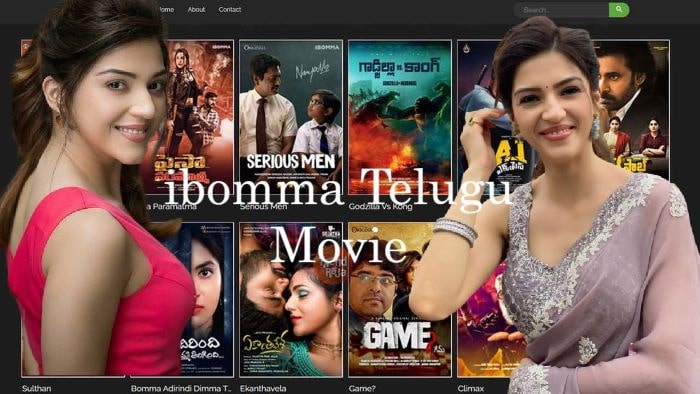How to Write for Us on Tech Startups and Technology
If you’re passionate about technology and want to technology write for us, you have come to the right place. Technology Write for us on tech startups and technology, and get paid for it! All we ask in return is that your article be between eight and fifteen hundred words long, with royalty-free images. We also ask that you provide your own photo (no stock photos).
Tech Startups is a great place to submit for us guest posts on technology
There are numerous benefits to submitting for us guest posts on technology sites. Besides giving you backlinks, they also allow you to promote your own site. However, this requires some work before you can get started. The first step is to identify reputable technology sites, request permission from the owner, and write relevant content. Once you have a list of potential sites, choose the most relevant ones. Then, create a technology write for us page on your own site to submit guest posts. Make sure to include the write for us technology page address on your website, which will be indexed.
Lastly, the most important requirement for submitting for us guest posts on technology is a high-quality article with more than 400 words. The guest post must have at least two solid links back to your site – one to your homepage and another to a page related to your business. It must also mention Inc42.com by name at least twice. While we welcome guest posts on any topic, they must be related to technology and startups.
Technology-focused websites are best for technology guest posts, as they link back to the original article and increase your Google ranking. If you are unsure of what technology-related sites to target, you can look for popular guest blogger lists or use Google to find relevant publications. Be sure to proofread your proposal for errors and buzzwords. The site owner will want to know more about you and your industry.
Lastly, when you are ready to submit for us guest posts on technology, be sure to check our guidelines. All guest posts should be original, well-structured, and 100% plagiarism-free. Also, you must be sure to spell-check and make sense. You must be able to submit the post in Google Doc format to Jacob Cohen, the Editorial Operations Manager at Tech Startups.
If you are a technology expert, you can consider submitting for us guest posts on technology sites. Not only will you increase your Google ranking, but your submissions will also generate new traffic for your site. And, if you have some expertise in this field, you can also use smart SEO tools to spy on your competitors. And don’t forget to include a list of relevant technology sites to your guest posts.
Depending on your expertise, you can submit a guest post on any of the technology niches. It’s also worth submitting posts on tech startups as this will help you build a stronger relationship with the site’s owner and improve your backlink profile. Also, you can submit a guest post that does not include images. We will publish them without images, which is a bonus.
Articles must be 800 to 1500 words
For online publications, an article should be from 800 to 1500 words long. While the word count depends on the subject, it’s often more convenient to work with the number of words per page rather than words per sentence. Generally, articles should not exceed three pages single-spaced or six pages double-spaced. If a particular topic is particularly complex, you can write a 4,000-word article to cover it in detail. However, keep in mind that the depth of the content can vary widely. For example, a blog post on veganism will be much shorter than a post on hostels.
Articles must include royalty-free images
If you want to include images in your technology articles, you’ll need to ensure that you use royalty-free images. In some cases, it is possible to use images without paying for the rights to use them. These images are also known as creative commons. These images are free to use as long as you acknowledge the source and credit the original creator. In other cases, you can use public domain images, which are considered part of the public domain and are free to use for commercial purposes.





















